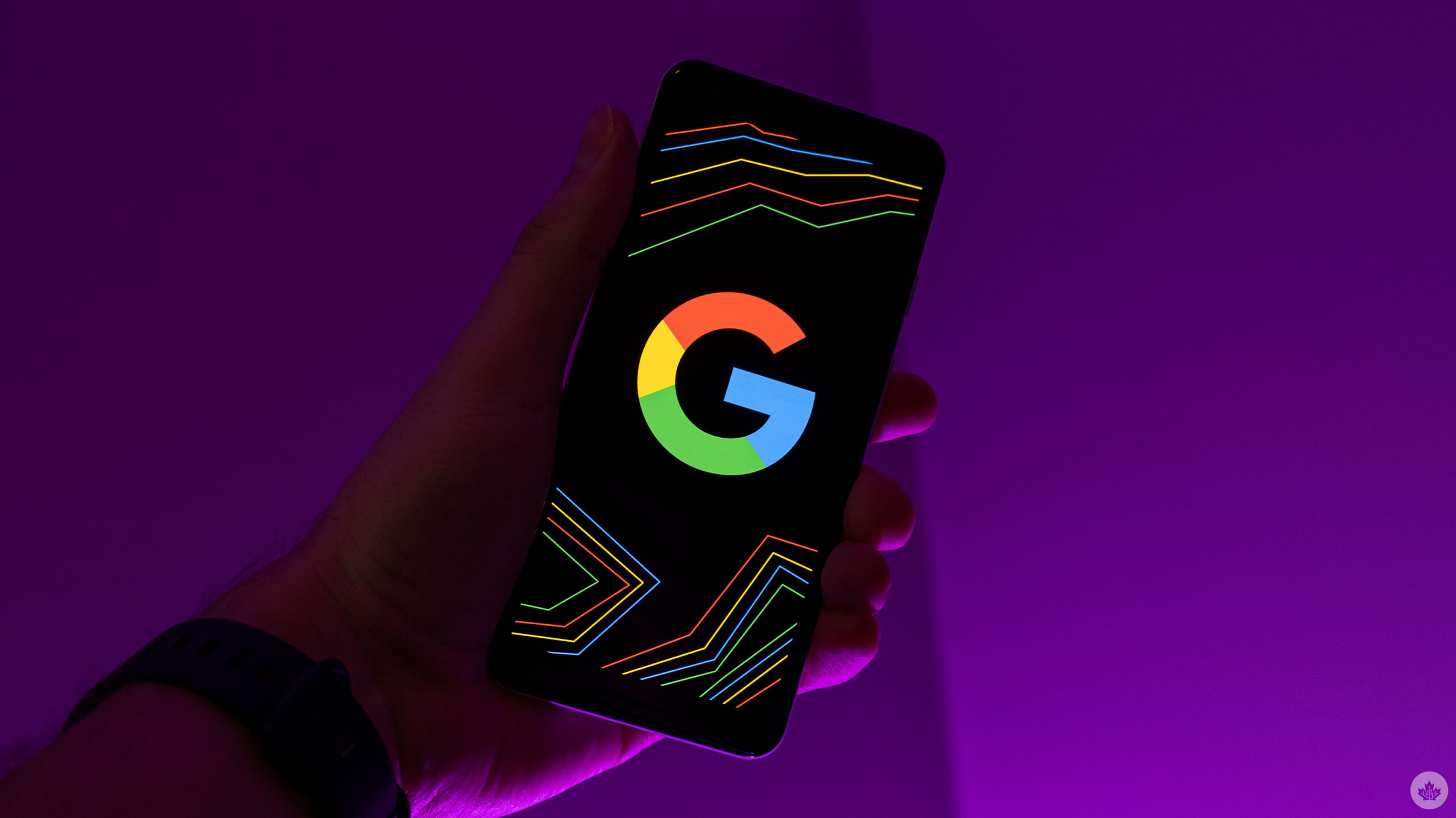
Following Google’s loss to Epic Games in an antitrust case earlier this month, the settlement of another Google antitrust case is now publicly available.
Google settled a case with all 50 U.S. state attorneys general in September, but we’ve only now learned the details. First, the company will pay out $700 million USD (about $933.8 million CAD) and it agreed to several concessions regarding the Play Store and billing practices.
However, as The Verge points out, none of these are particularly major issues for Google. The $700 million settlement equates to about 21 days of the company’s operating profits from just the Play Store. Meanwhile, the Play Store concessions are all relatively minor, or things Google was already doing, and Google only needs to do these things for four to seven years, depending on the concession.
The Verge has a huge breakdown of each concession, but here are some of the highlights:
- For seven years, Google must continue allowing the installation of third-party apps through means other than the Play Store.
- For five years, Google must let developers offer an alternative in-app billing system (in other words, User Choice Billing).
- For five years, Google can’t make companies exclusively put Google Play on phones or home screens.
Several concessions will prevent Google from stopping developers from telling users about better deals elsewhere, such as directing people to sign up on their website instead of in-app for a discounted rate.
The bulk of the cash will go to U.S. consumers who use the Play Store.
Update 19/12/2023 10:09am ET: While Google didn’t expressly confirm whether the settlement would impact Canadians, the company did point to its blog post about the settlement, which says:
“We’re pleased to reach an agreement that builds on that foundation and we look forward to making these improvements that will help evolve Android and Google Play for the benefit of millions of developers and billions of people around the world. These proposed changes will go into effect after the Court formally approves the settlement.”
The concessions don’t amount to much
But the thing is, few of the changes represent significant changes to how Android or Play works. Several concessions are tied to Google’s User Choice Billing program, which The Verge reports was shown to be a fake choice in the Epic v. Google trial. Developers that use User Choice billing get a discount of four percent off Google’s typical fee (unless they have a special deal, like Spotify). Plus, Google found internally that developers would lose money with User Choice Billing.
The agreement also doesn’t require Google to allow apps to link to their own websites to give users discounted rates.
A court filing indicates that the states will have Judge James Donato, who oversaw the Epic v. Google lawsuit, to approve the settlement on February 8th.
Update 19/12/2023 9:58am ET: Epic Games shared a statement with MobileSyrup from Corie Wright, the company’s VP of public policy, about Google’s settlement:
“The State Attorneys General settled with Google before trial to get a one-time payout with no true relief for consumers or developers. After originally seeking $10.5 billion in antitrust damages identified as Google’s unjustly collected fees, the States Attorneys General settled for a $700 million payout.
“Consumers will continue to overpay for digital goods as a result of Google’s imposition of supracompetitive 30% fees for Google Play Billing or 26% junk fees on top of payments Google isn’t involved in processing. Developers will also continue to be restricted in how they distribute their apps, and developers who choose to use a third party payment option will be forced to use Google’s deceptively-labeled “user choice billing” system rather than having creative freedom over the design of their payment systems.”
You can find the full statement here.
Source: The Verge
MobileSyrup may earn a commission from purchases made via our links, which helps fund the journalism we provide free on our website. These links do not influence our editorial content. Support us here.


